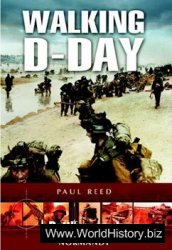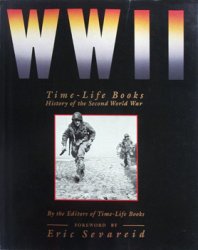During the late 1970's and early 1980's, Islam became an increasingly strong political force throughout the Muslim world. The Muslim faith had always been an important part of political struggles in Algeria. Abdel Kadir, the legendary nineteenth century fighter against the French, was a widely recognized religious authority. During the 1980's, however, a radical form of Islam spread through many Muslim countries, including Algeria, just as Algerian political institutions were beginning to change.
After widespread antigovernment riots in 1988, President Chadli Bendjedid legalized rival political parties. This meant that the National Liberation Front, which had governed the country with military support since independence, was no longer the only organization that could participate in Algerian politics. During the decade before the riots, however, many Muslim radicals began to form small, secretive groups, often on military lines. These radicals believed that the society should be governed according to religious principles, that Algerians should be forced to follow the Muslim faith strictly, and that women should withdraw completely from public life. When political parties were legalized, a nationwide network of radical Muslim groups was already in place and this network gave rise to the Islamic Salvation Front (ISF; FIS, using French acronym).
In local elections in 1990, it became clear that the ISF was the most powerful rival of the National Liberation Front. It won more than half the seats in town councils and received 54 percent of the popular vote. The Islamic Salvation Front was clearly popular. It was also opposed to numerous ideas considered basic freedoms in modern democracies. For example, some ISF-controlled town councils passed laws forbidding girls from playing sports, outlawing music at weddings, and banning the sale of television antennas, since they might allow viewers to watch programs considered immoral. A number of town councils voted to use public funds to train tough young men to form groups that would enforce religious standards.
The leader of the ISF, Ali Belhadj, declared his intention to turn Algeria into an Islamic state. The Muslim religion, he said in his sermons, would be the nation's official faith. Although women made up nearly half of Algeria's college graduates in 1990, the Islamic Salvation Front held that the education of women should end and that women should be restricted to their homes. Ali Belhadjalso maintained that Arabic should be the only language used in Algeria, despite the fact that French and Berber were widely spoken.
Confident of its strength, the ISF called on supporters to rise against the government in the spring of 1991 in order to force Benjedid to resign and call for early elections. Those opposed to the Muslims, such as the General Union of Algerian Workers, began to prepare for fighting and violent incidents increased in number.
Elections to the Algerian parliament began in December, 1991. The ISF appeared to be leading the competing parties. In part, this was due to genuine popular support for the Islamic party. In part, also, it was due to discouragement with the National Liberation Front and to the fact that many of those opposed to the ISF stayed away from voting places.
In January, 1992, the Algerian army seized power and forced President Bendjedid to resign. The army called off further elections and formed its own government under a provisional High Council of State headed by Mohamed Boudiaf. This council banned the Islamic Salvation Front. Supporters of democracy, in Algeria and in other countries, found themselves in a difficult position. If the elections had proceeded, the Islamic radicals would almost certainly have won, and the radicals would probably have ended democratic government. By calling off the elections, however, the army subjected the country to military rule.
Algeria made some progress toward establishing constitutional, elected government at the end of 1995, when Liamine Zeroual was elected president. Zeroual announced a program of reforms aimed at creating a more stable political system. One of the reforms, however, included outlawing political parties based on language or religion, and this was unlikely to win the support of religious radicals. Zeroual resigned from the presidency in
September, 1998, and many sources suggested that he had been forced out by the military. In elections held in the spring of 1999, Zeroual was replaced as president by Abdelaziz Bouteflika.




 World History
World History









